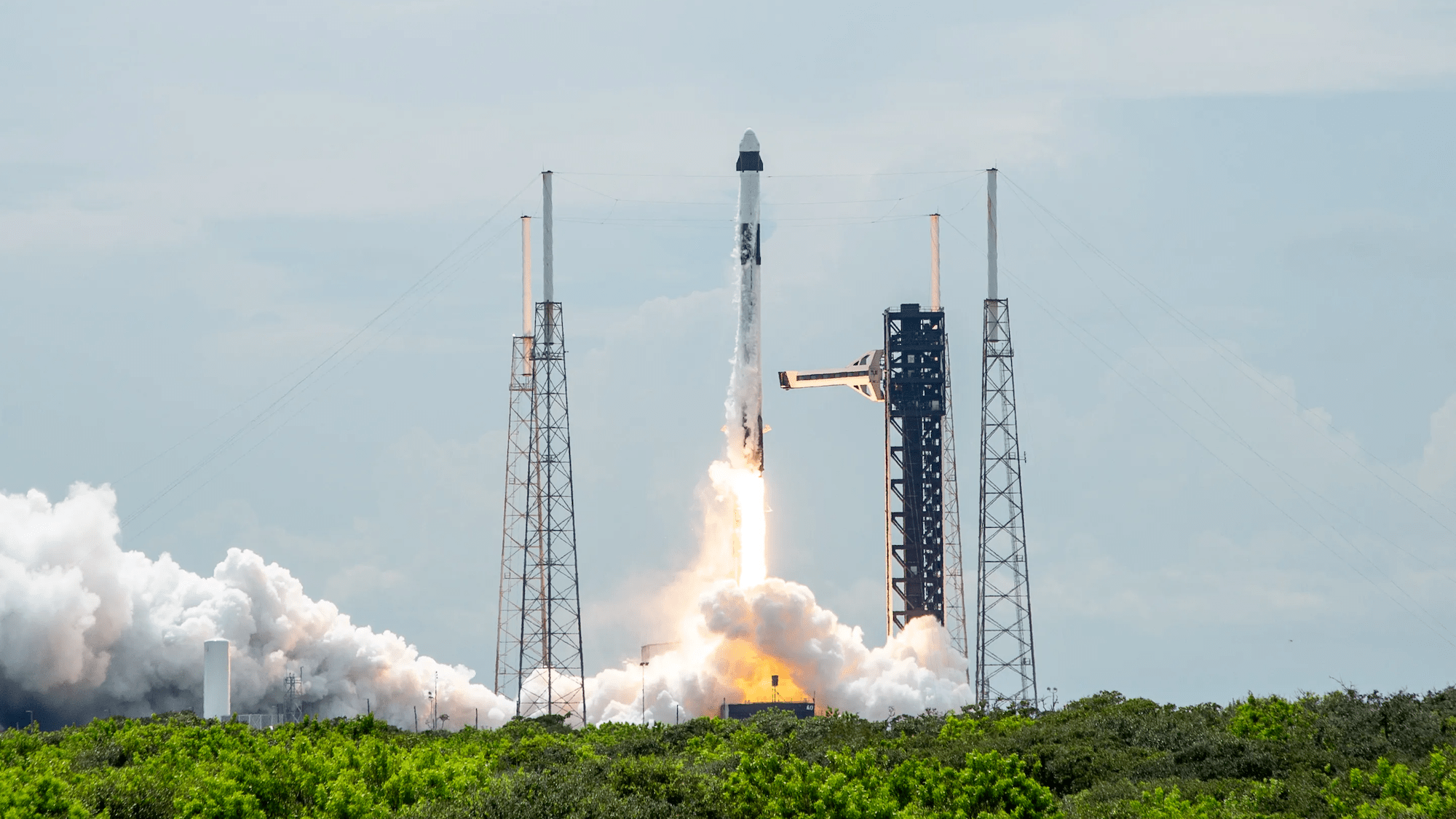NASA is concerned SpaceX is prioritizing its mission schedule over safety after a recent ocean landing resulted in the brief hospitalizations of all four astronauts. Former astronaut Kent Rominger admonished the company during an October 31 meeting of the Aerospace Safety Advisory Panel, citing a list of recent problems involving both SpaceX’s Falcon 9 rocket and Dragon capsule.
“Both NASA and SpaceX need to maintain focus on safe Crew Dragon operations and not take any ‘normal’ operations for granted,” said the ASAP committee member on Thursday, as first reported by SpaceNews. Rominger also argued that safety requires increased attention on aging hardware, especially as “the pace of operations increases.”
SpaceX has documented multiple equipment malfunctions and setbacks since at least July when a Falcon 9 rocket’s second stage failed to ignite its second burn, causing it to explode roughly an hour after launch. The uncrewed mission ended a nearly eight-year success streak for the company and grounded launches for roughly two weeks. Similar issues prompted additional mission delays in both August and September.
[Related: SpaceX’s historic Falcon 9 success streak met a fiery end.]
As Gizmodo notes, the most troubling problem appears to have occurred during SpaceX’s latest International Space Station return mission. After departing the ISS on October 23, the Dragon capsule made its scheduled water landing two days later off the coast of Pensacola, Florida. NASA subsequently confirmed all four Crew-8 astronauts required transport to a nearby hospital for additional medical evaluations “out of an abundance of caution.” Although doctors soon released three crew members to continue their post-flight reconditioning at Johnson Space Center in Houston, one astronaut “in stable condition” was kept overnight at Ascension Sacred Heart Pensacola “as a precautionary measure.” To protect their medical privacy, NASA has not confirmed which astronaut required additional observations, or what issue prompted the prolonged hospital stay.
SpaceX has solidified itself in recent years as NASA’s primary private contractor for satellite launches, astronaut transport, ISS cargo deliveries, and other rocketry needs. Although competitors like Blue Origin seek to cut into the company’s industry share, their own setbacks indicate SpaceX will continue to be one of the agency’s primary resources—but only if NASA can continue to trust the private company’s attention to safety. At Thursday’s ASAP meeting, Rominger warned that NASA and SpaceX will need to prevent their increasingly crowded mission schedule from “clouding their judgment.”

